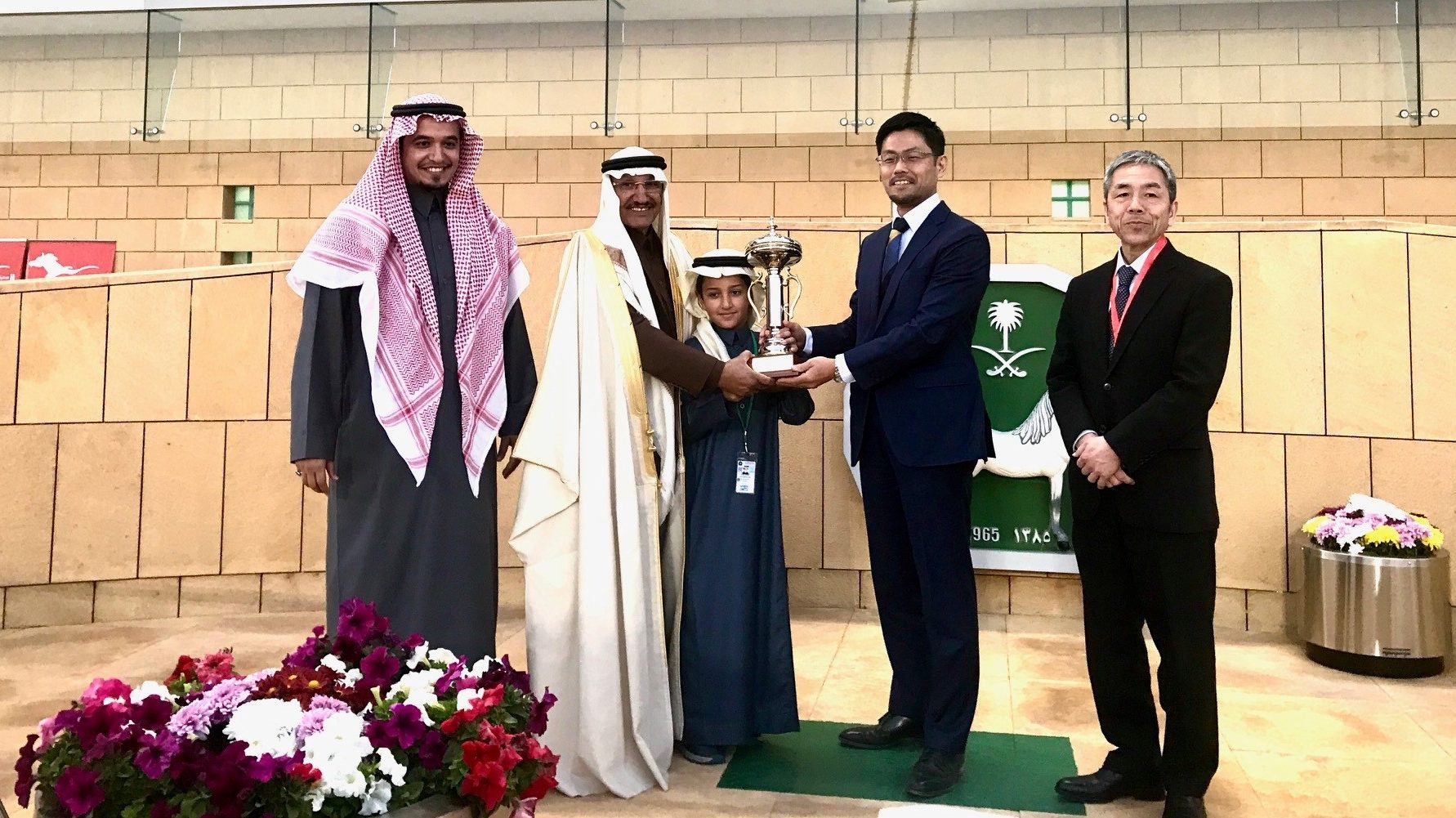Why ‘Nani o Shiyou’ Negotiations Fail
Al-Riyadh, Saudi Arabia, June 13
We are living in a period of unprecedented uncertainty and witnessing growing geopolitical tensions on both the regional and global levels. This requires us to improve our negotiating skills. Whenever I hear Arab officials negotiate with their Japanese counterparts, the Japanese phrase nani o shiyou? – “what should we do?” – always comes up. The Arab negotiator enters the negotiation room without a clear vision of what he wants or what his best alternative is. When both sides fail to reach a consensus, he reluctantly asks: “What should we do?” One of my favorite negotiation stories pertains to Franklin D. Roosevelt’s presidential campaign. Weeks before the election, the Roosevelt team prepared and printed large amounts of flyers and posters. Just before distributing them, they discovered a seal on Roosevelt’s photo, indicating that his image was copyrighted and owned by a private studio. With their backs against the wall and just weeks left until election day, Roosevelt’s campaign manager proposed to pay the studio a large sum of money in exchange for the rights. The negotiator on Roosevelt’s team, however, pursued a different path: He wrote a letter to the studio’s manager and offered him to “donate” his rights over the photo to the campaign, which would, in turn, increase the exposure and publicity of the photographer’s work and his studio. The owner happily complied. This story is a great example of how the framing of an issue can generate dramatically different solutions, and how negotiations require out-of-the-box thinking. In general, it is important to build relationships and articulate a clear vision for common goals before delving into the negotiations themselves. I am reminded of the words of one of my university professors, who claimed that he did not like the English term “win-win” to express successful negotiations because it framed negotiations like a war. Instead, he suggested using the term “happy-happy,” because it can remind negotiating parties that the ultimate goal is to make both sides happy and content with the outcome. This is what we must remember today as the world around us continuously changes, forcing us to protect our interests and promote our national goals. – Issam Bukhari (translated by Asaf Zilberfarb)

